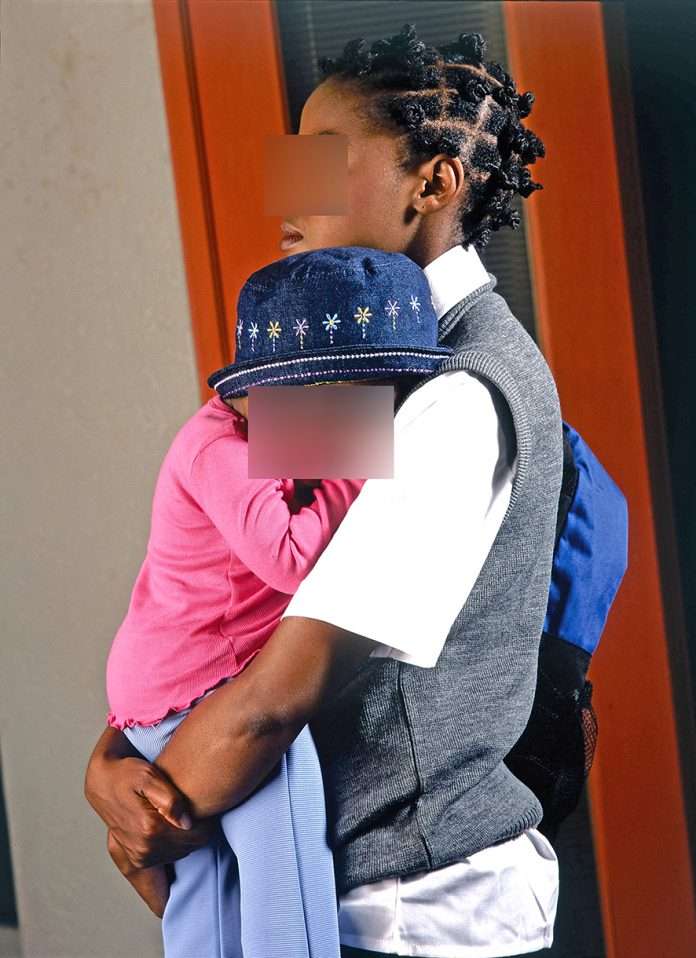An alarming number of 1 634 babies delivered in the Buffalo City Metro by girls aged between 10-19 for the 2022/23 financial year has pushed the department of health in the province to implement youth zones.
Yonela Dekeda, spokesperson for the department, said it has launched youth zones in health facilities to create a youth friendly environment.
Dekeda revealed that the department is implementing interventions aimed at providing comprehensive sexual reproductive health services integrated with key clinical programmes such as HIV/Aids and TB, chronic and non-communicable diseases.
“These facilities provide dedicated time, space and health professionals for young people and make appropriate health services easily accessible to the youth,” said Dekeda.
“Our approach is one that encourages a relaxed and safe environment for young people to interact with trained health professionals.”
She added that these opportunities are created to freely engage on social ills that affect young people.
“These include teenage pregnancy, sexually transmitted infections, substance abuse and the like.
“To prevent unwanted pregnancies, the department has a memorandum of understanding with institutions of higher learning that ensures easy access to the emergency tablet and family planning on campus.”
Any woman with childbearing potential has a choice to terminate her pregnancy through medical means before the full term. However, the woman must be under 13 weeks pregnant.
“Buffalo City Metro has five choice of termination of pregnancy (COTP) sites – Frere Hospital, Cecilia Makiwane Hospital, Bisho Hospital, Empilweni CHC, and Duncan Village Day Hospital.
“If she is between 13 and 20 weeks pregnant, the pregnancy may be terminated only under specific medical conditions.”
According to the official district health information system, in the 2021/22 financial year, Buffalo City Metro figures were at 223 for COTP while in 2022/23 financial year, the numbers increased to 422.
She said: “Education is essential for individual and societal development and so empowering our youth to plan their pregnancies is an important life skill.
“We provide comprehensive integrated school health services and link schools with partner non-government organisations. Both in and out of school children, the girl and boy child, are beneficiaries of our programmes.”
In May, Sunday World reported that more than 90 000 teenage girls gave birth between March 2021 and April 2022 across South Africa.
Hendrietta Bogopane-Zulu, Deputy Minister of Social Development, said the figures are on an upward trend.
Bogopane-Zulu said most of the teenage pregnancies are as a result of dysfunctional families, noting that uncles, fathers and older siblings continue to engage in sex with their girl-child family members.
“We cannot say such programmes are not working, what is not working in South Africa is the family structure. The family system is totally dysfunctional,” said the deputy minister.
Follow @SundayWorldZA on Twitter and @sundayworldza on Instagram, or like our Facebook Page, Sunday World, by clicking here for the latest breaki.ng news in South Africa.



